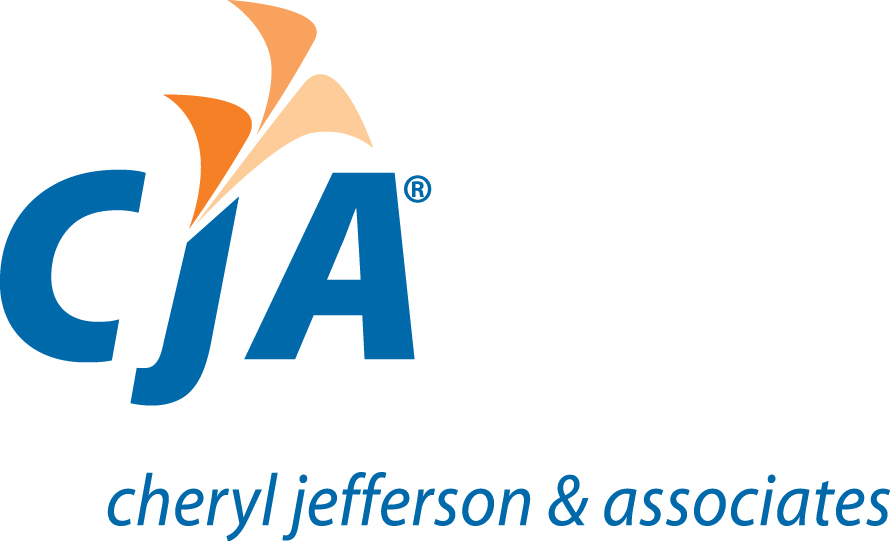Allowable Travel Costs
Federal Acquisition Regulations (FAR)
If a government contractor incurs business travel costs, then all the costs should be fully allowable, right? Not necessarily, the Defense Contract Audit Agency (DCAA) provides guidance on allowable travel expenses in the Federal Acquisition Regulations (FAR) – FAR 31.205-46. Allowable travel costs are not solely based on whether the travel expenses were for business use by a government contractor. It is imperative for government contractors to familiarize themselves with the FAR rules in order to proactively keep unallowable travel costs to a minimum. FAR 31.205-46 allows costs for transportation, lodging, meals, and incidental expenses subject to certain limitations.
Costs Must Be Reasonable
Allowable travel costs must be reasonable. This means it is highly unlikely DCAA will pay for a five star hotel and restaurant for a contractor or employee to attend a training class one hour away. In this scenario, the lodging would not be considered reasonable due to the level of accommodations and the short distance.
Costs Should not Exceed the Per Diem Rates
Travel costs should not exceed the per diem rates on a daily basis except for special or unusual situations, under FAR 31.205-46 (a)(3). The General Services Administration (GSA) website provides per diem rates. This is a great tool for planning ahead and negotiating travel costs. These per diem rates are for travel which include full days and lodging. Travel costs for partial days of travel generally require reduction proportionately, per FAR 31.205-46 (a)(6).
The GSA website breaks down the first and last days of travel per diem rates. Select a city/state and year. Then scroll down to the footnotes for a link to partial days of travel per diem rates. The rates here are broken down by breakfast, lunch, and dinner. The first and last day of travel is based on seventy-five percent (75%) of a full day. The daily per diem rate will need to be adjusted if the travel day is less than the seventy-five percent (75%).
Airfare Should Be the Lowest Cost Available
Coupled with travel costs, airfare should be the lowest cost at the time. This means if a contractor or employee wants to fly first-class, the cost difference between first-class and coach will be unallowable. Other factors to watch for are the price differences between similar flights. If taking a higher cost flight, make sure it’s justified. Some reasonable allowable justifications for a more expensive flight, given per FAR 31.205-46(b), are when the cheaper flight would:
- require excess layovers/prolonged travel
- require unreasonable flight times
- result in other increased costs which would offset any savings
- not meet the physical or medical needs of the traveler.
If a more expensive flight is justified, be sure to thoroughly document the events and justifications.
Contractor Owned or Leased Automobiles
Equally important, only the business portion of costs of contractor owned/leased automobiles are allowable. It is important to note: commuting expenses to and from work for the contractor/employee is not considered use for company business. Some of the business portion of the owned/leased automobile listed by FAR 31.205-46(d) are the costs of a lease, maintenance, depreciation, and insurance. When a company owned automobile is used by the business owner for commuting and other personal uses, the percentage amount of personal usage to total usage must be recorded as unallowable. For example, if the personal usage is determined to be twenty-five percent (25%), then all costs related to the automobile must be recorded as twenty-five percent (25%) unallowable.
Proper Documentation
Finally, allowable travel costs require documentation. FAR 31.205-46(a)(7) lists date, place, purpose, and the name and title/relationship to the contractor as the required documentation. Notice FAR 31.205-46 does not mention a minimum dollar amount for documentation requirements. If there is a requested reimbursement, the documentation for the expense should be kept regardless of the amount.
Conclusion
Planning ahead, maintaining and enforcing company written policies, and staying on top of the GSA and DCAA guidelines will help to decrease unallowable costs incurred and prepare for better negotiations for travel costs on contracts. When in doubt ask your government contract accountant for help and always document!
Contributed by Jamie M. Shryock, CPA
